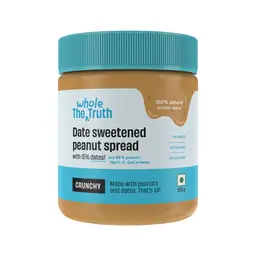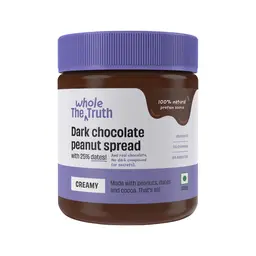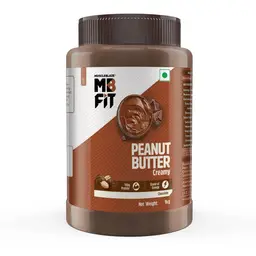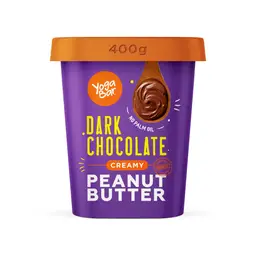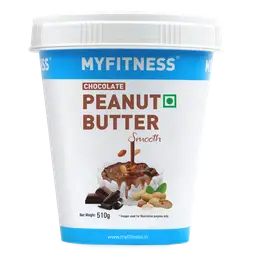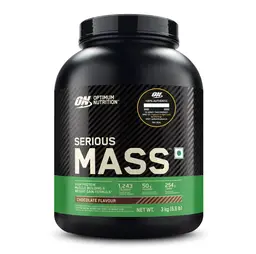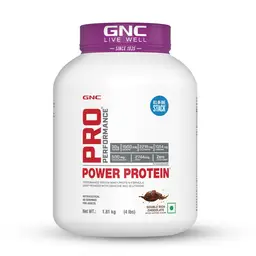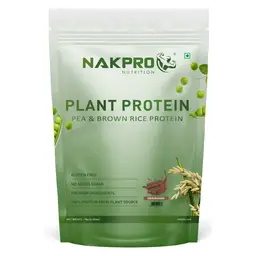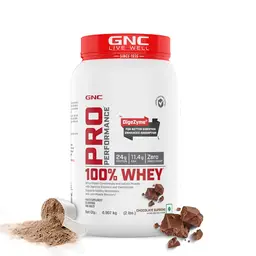Top 10 Foods That Are High in Protein
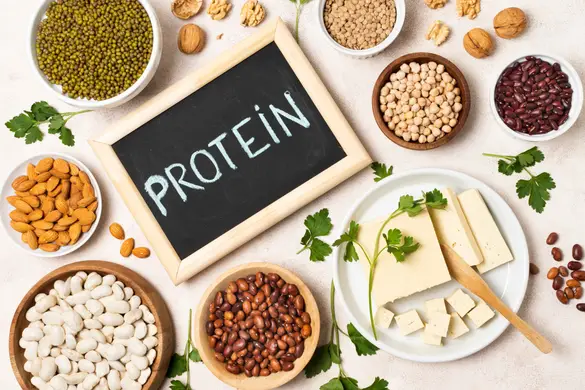
Top 10 Foods That Are High in Protein
Posted on 16th Sep, 2024
Whether your goal is to build muscle, shed a few pounds, or simply maintain overall health, protein is a fundamental nutrient.
From supporting cell structures, repairing tissues, and maintaining muscle mass, protein is the key nutrient for most body functions.
In fact, high-protein foods help promote satiety and support weight management and muscle gain.
According to a study published, there is increased global demand for protein-rich food and it continues to rise. This has shifted the food industry to focus on creating a variety of high-protein products that offer balanced nutrition.
To help you make the right choices, we have compiled a list of protein rich foods that you can incorporate into your meals. Additionally, we have mentioned a few high-protein products that will be a great fit for anyone following high-protein, low-carb diets or simply looking to boost their daily protein intake.
What is the role of protein?
Before we dive into the list of top 10 protein foods, let's begin with understanding the role of protein in our body.
- Essential for skin, hair, and nail structure: It helps repair and maintain muscles, skin, bones, and other tissues.
- Muscle Building and Repair: Proteins are indispensable for athletes and bodybuilders regarding muscle growth and recovery after intense workouts.
- Supports Immune Function: Protein also plays a key role in immune system support, regulating gene expression, and promoting healthy hair, skin, and nails.
- Promotes weight management: Protein promotes satiety and can help reduce overeating by keeping you full for longer, aiding in weight loss.
- Prevents muscle loss: Additionally, it can aid in minimizing the muscle loss that comes with aging and promote a healthy weight by increasing satiety and reducing appetite.
How much protein do you need?
The protein requirement differs for everyone based on activity level, body weight, and fitness goals. Here's a quick breakdown:
- Sedentary adults: Those who don’t follow an active lifestyle and mainly indulge in a desk job, need 0.8 grams of protein per kilogram of body weight.
- Active individuals or those aiming for muscle gain: Those who are trying to gain muscle or are involved in a healthy lifestyle like gym or jogging, need 1.1–1.5 grams per kilogram of body weight.
- Bodybuilders or athletes: Those involved in heavy workouts, sports, or involved in specific body training, need up to 2 grams per kilogram of body weight.
Note: To calculate your protein needs accurately, it’s helpful to consider your body mass index (BMI) along with your activity level. If you have a higher BMI or specific fitness goals, like muscle gain, your protein intake might need adjustment.
For more details on how BMI influences dietary needs, check out this BMI blog: Understanding BMI: The Key to Weight-Health Connection
List of Top 10 protein foods
Now that we know the role of protein in our body and how much protein is required, let’s have a look at the top 10 protein foods that are nutrient-dense and versatile:
1. Fish and seafood
Fish and seafood such as salmon, tuna, and Cod rank high on any list of protein-rich foods. Including fish in your diet ensures you get a high-quality protein source that’s low in carbs and supports muscle gain.
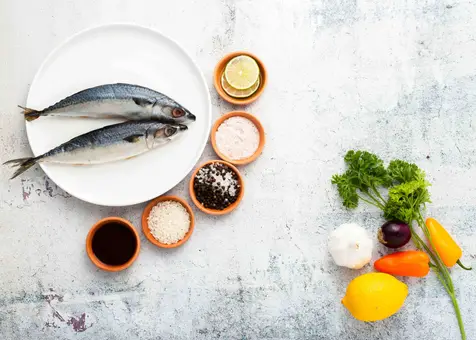
Protein content you will get from:
Salmon - 22 grams of protein per 100 grams
Tuna - 25 grams of protein per 100 grams
Cod - 41 grams of protein per fillet
2. Milk
Milk is considered a “complete protein,” source, meaning it contains all essential amino acids. It’s an excellent source of high-quality protein, that is very essential for bodybuilders: casein and whey protein. It also provides calcium and vitamin D, which are essential for bone health.
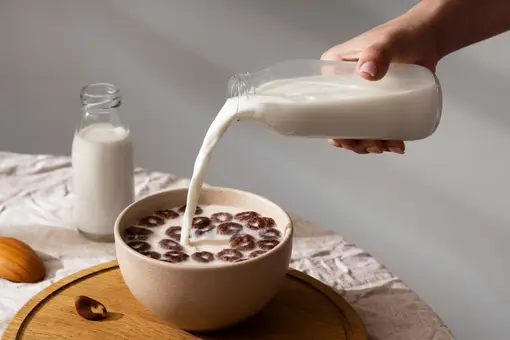
Protein content you will get from:
Milk - 8 grams per cup (240 ml)
3. Yogurt
So what if you can’t have milk because of lactose intolerance, yogurt can be a game changer for you with the same nutrition profile. This versatile dairy product is not only rich in protein but also contains probiotics, which are beneficial for gut health. It easily fits into your breakfasts whether in the form of salad dressing, smoothies, dips, or shakes.
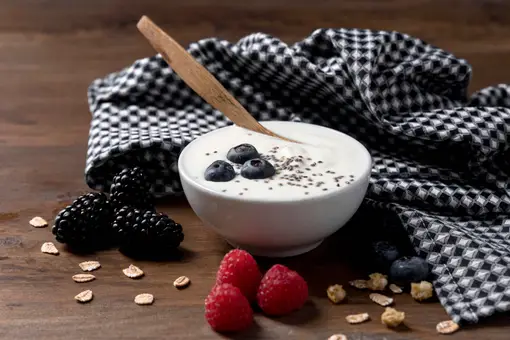
Protein content you will get from:
Yogurt - 20 grams of protein per 7-ounce serving (200 grams)
4. Chicken
Chicken is lean meat which means it contains a good amount of protein with minimal fat. It’s a staple for athletes and anyone looking to increase their protein intake without excess fat. Including chicken in your diet supports muscle repair and overall strength.
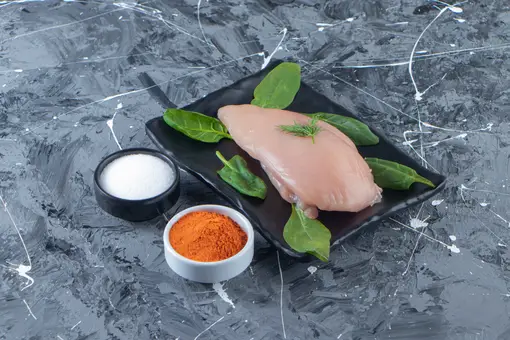
Protein content you will get from:
Chicken - 24-26 grams of protein per 4-ounce serving (113 grams)
5. Lentils and beans
Lentils are among the richest sources of plant-based protein, making them an excellent choice if you follow a vegetarian or vegan diet. These are rich in fiber and are easy to incorporate into soups, stews, or salads.
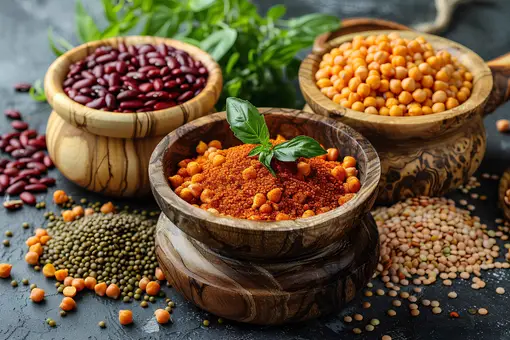
Protein content you will get from:
Lentils: 18 grams of protein per cooked cup (198 grams)
Black beans: 7.6 grams of protein per half cup (86 grams)
Chickpeas: 7.3 grams of protein per half cup (82 grams)
6. Eggs
Eggs are a fantastic and affordable source of high-quality protein, containing all essential amino acids. They’re also packed with vitamins and minerals, making them a nutrient powerhouse. Whether boiled, scrambled, or poached, eggs are an easy way to add protein to any meal.
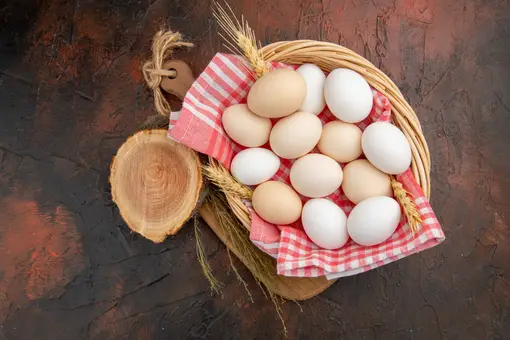
Protein content you will get from:
Eggs - 6 grams of protein per large egg (50 grams)
7. Quinoa
Quinoa is one of the rare plant-based foods that is a complete protein. It’s rich in essential amino acids and fiber, making it a great source of protein for vegetarians and vegans. It’s perfect for salads or as a base for bowls, offering a high-protein, low-carb food alternative.
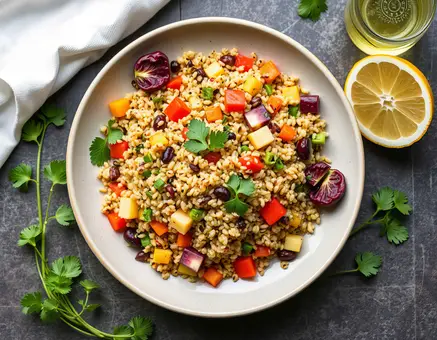
Protein content you will get from:
Quinoa - 8 grams of protein per cooked cup (185 grams)
8. Soya
Soy-based products like tofu and tempeh are excellent sources of protein and are highly versatile in cooking. Soya-based foods can be used in stir-fries, soups, or curries, offering an easy way to boost protein intake.
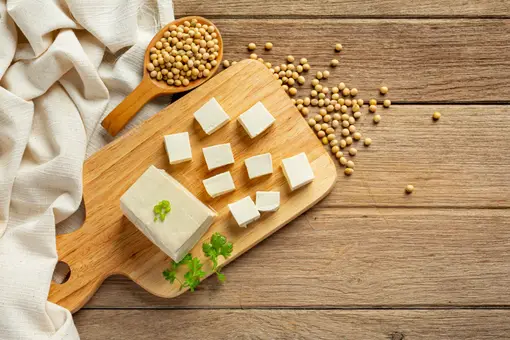
Protein content you will get from:
Soya - 10 grams of protein per 3-ounce serving (85 grams)
9. Nuts and seeds
Nuts like almonds and seeds like chia and flax are nutrient-dense and provide a solid amount of protein along with healthy fats and fiber. They are perfect as snacks or can be added to salads, yogurts, or smoothies for an extra protein punch.
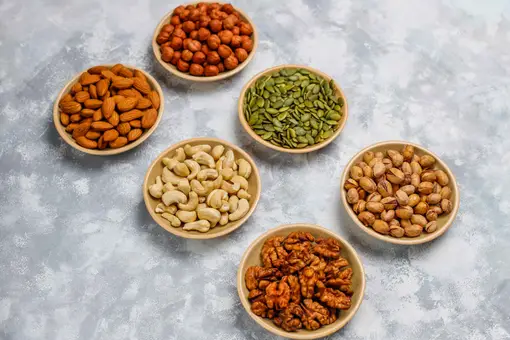
Protein content you will get from:
Almonds - 6 grams of protein per ounce (28 grams)
Chia seeds - 4 grams of protein per ounce (28 grams)
Flaxseeds - 5 grams of protein per 2 tablespoons (20 grams)
10. Cottage Cheese or Paneer
A staple in Indian vegetarian diets, paneer is rich in protein and calcium. It’s easy to incorporate into curries, salads, or grilled dishes. Paneer is an excellent option for anyone looking for high-protein vegetarian foods.
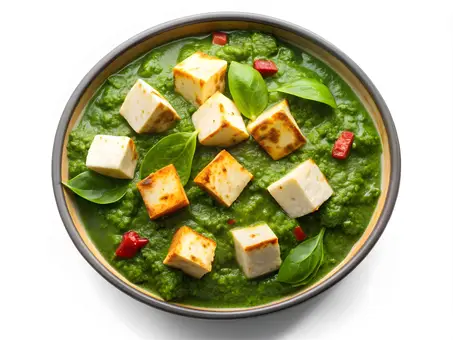
Protein content you will get from:
Paneer - 12 grams of protein per half cup (113 grams)
What About Protein Supplements?
With the rising demand for protein-rich diets, people are increasingly looking beyond traditional food sources to fulfill their protein needs. While fresh meats, fish, eggs, and nuts have long been the go-to options, there’s been a noticeable shift towards processed foods that are packed with protein. This is largely due to their convenience and ease of storage. Products like protein bars, fortified shakes, and pre-packed chicken slices have become staples for those on the move or those wanting a quick protein fix without compromising on nutrition.
Here are some convenient and highly nutritious protein supplements you can add to your diet:
Peanuts and Peanut Butter
Peanuts are not only packed with protein but are also high in magnesium and vitamin E, making them an excellent snack for maintaining energy and keeping you full. In fact, research suggests that incorporating peanut butter into high-carb meals can help regulate blood sugar levels.
Different brands might tweak their ingredients, but generally, peanuts and peanut butter provide:
Peanuts: 7.31 grams of protein per 1-ounce serving (28 grams)
Peanut Butter: 7.2 grams of protein per 2-tablespoon serving (32 grams)
Protein Powders
For those with busy schedules or limited time for meal prep, protein powders are a lifesaver. They blend effortlessly into smoothies, shakes, or even yogurt to boost your protein intake.
Whether you prefer whey or pea protein, they are versatile options that pack in a substantial amount of protein:
Whey Protein: 16.6 grams of protein per scoop (28.6 grams)
Pea Protein: 15 grams of protein per scoop (20 grams)
These supplements are ideal when you need a quick, protein-packed snack or looking to supplement your diet with additional protein to meet your daily goals.
Conclusion
By incorporating these good sources of protein into your diet, you can create a variety of delicious and nutritious meals that support your health goals. Whether you're a vegetarian or a meat-eater, these foods provide the protein your body needs for muscle maintenance, weight management, and overall well-being.

Health articles from our experts

A Comprehensive Guide On How To Gain Weight Quickly

Muscle-Building Routine and Supplements for Maximum Gains
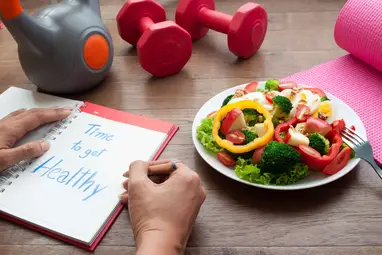
A Guide with Simple Tips To Follow For Weight Loss
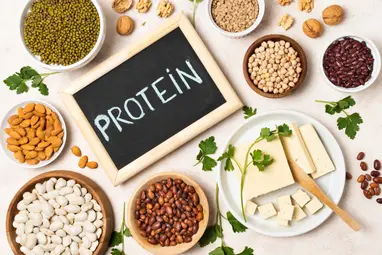
Top 10 Foods That Are High in Protein
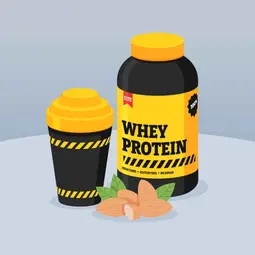
5 Best Whey Protein Powders in India
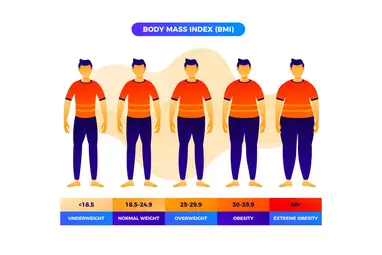
Understanding BMI: The Key to Weight-Health Connection
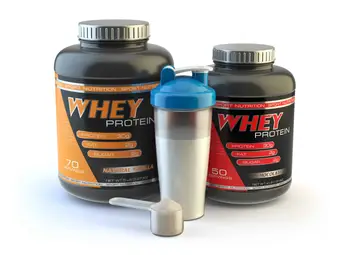
List of Top Whey Proteins for Muscle Gain
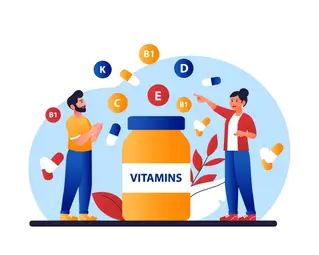
Top Vitamins for a Healthy Immune System

Finding Out the Best Daily Wellness Supplements


